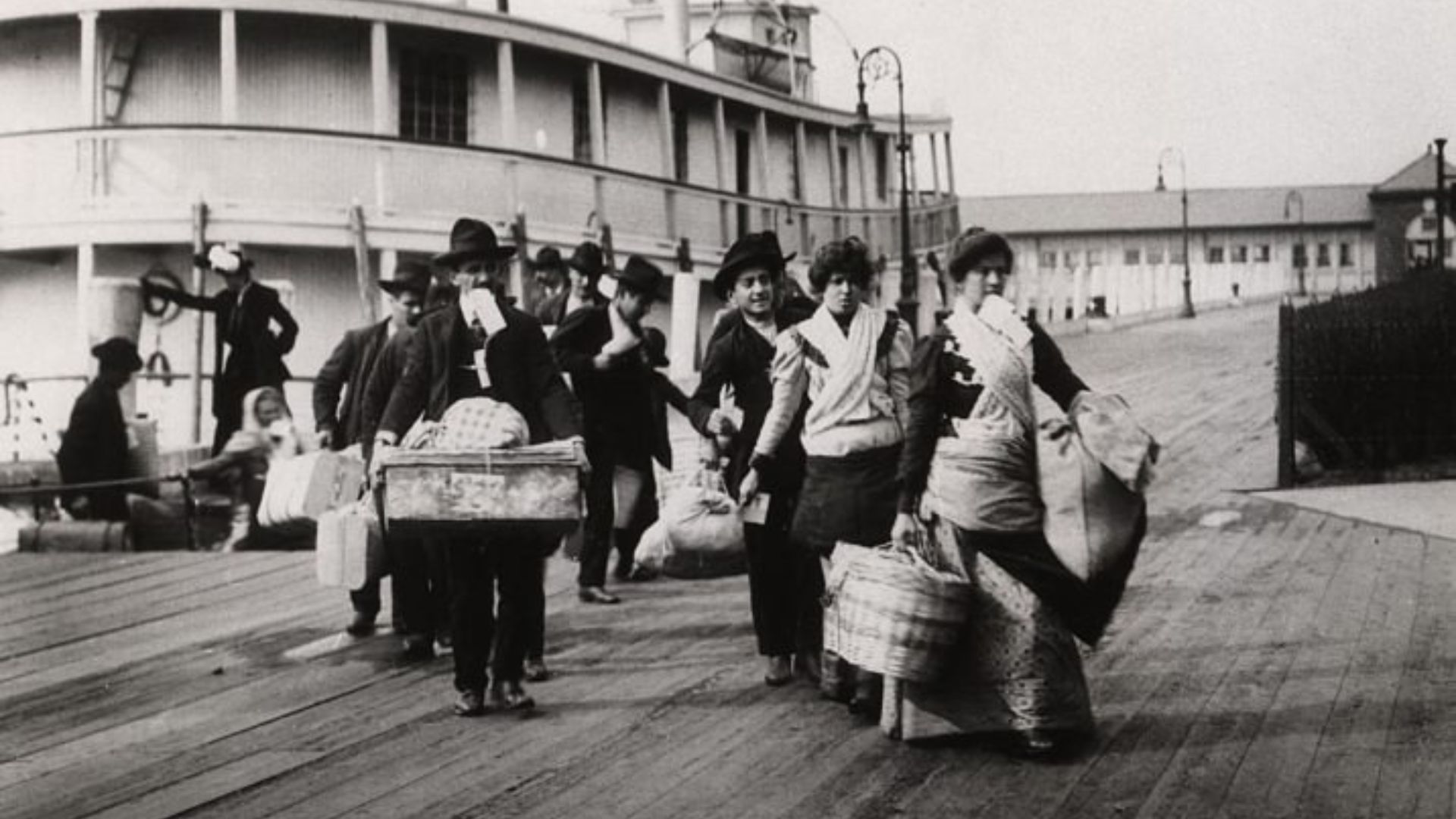By Anastasios M. Tamis*
The Global Greek Diaspora is estimated to amount to about six-seven million people. This number also includes children and descendants born from transnational (mixed) marriages. We can also add a few thousand foreigners, who nevertheless experience the Greek way of life and identify themselves as Greeks or “Grecian”. This Diaspora covers numerous countries of all continents of our planet. Almost all of them were usually economic migrants or settlers who had fled the Greek Historic Diaspora (Greece, Asia Minor), the Black Sea regions and Eastern Europe for social and political reasons. In all the neighborhoods of the world, these inquisitive, active, and inventive Greeks set up their own households, built families, raised children and descendants, and contributed to the development of the countries that hosted them.
Almost all Greek immigrants without exception, upon their departure from their native lands where they had lived as landless citizens, stockbreeders and villagers or unskilled workers, had placed two bets: First, to return from emigration in four or five years and secondly to maintain where they go unpolluted, unaffected their ethno-religious and linguistic identity. They made these promises to their own parents and their people that had left behind.
All of us, or most of us know very well, that we lost the first bet, perhaps after the first ten months of settlement. For most of us the first four years became ten, twenty, thirty, and then the grandchildren came and blocked every door to return home. The settled in their host countries, grew old and made the land that hosted them as their burial place. The first generations of immigrants worked hard in factories and yards, in quarries and mines, in foundries and meat fries, in taxis and automaker factories, in railways and large hydroelectric projects, in construction and grocery stores, in fishing, bakery and tailor shops. This first generation of immigrants, those who were deprived of the affection of their mother and escaped as a surplus from Greece, were, as a matter of fact, completely sacrificed. They made bloody savings, were deprived of comforts and luxuries to give opportunities for progress to their children.
These sacrifices were made by the Greek immigrants who also came to Australia from 1949-1979, to win at least the second bet. After losing the first bet miserably and never being able to return to their ancestral homes, to their parental homes, at least to win the second bet. The second bet was the sacred promise to preserve for them and their children their ethno-religious and linguistic identity, the conscience of their parents and forefathers.
For thousands of years, the Greeks of the Diaspora had won this bet in all the neighborhoods of the world. From Italy, the Latin America of the South, the Black Sea coast, South Russia and Ukraine, Manchuria and China, the countries of Africa and Asia, the communities of the Greeks preserved their language, their faith, and their cultural ties with metropolitan Greece.
This bet was honored with dedication and loyalty by the first Greek immigrants in Australia. Even though the first systematic community afternoon schools in Australia were founded in 1927, with the exception of Perth, which officially operated a community school there since 1912, the Greeks in the hinterland, on the vast continent, in the villages and settlements of the rural, regional areas, in the sugarcane and banana plantations of Queensland, in the isolated farms and forests, the parents taught the little Greek they knew to their children. The use of English was forbidden; they used to punish their children if they were not answered in Greek. Mothers attached special importance to learning Greek, which is why our first language is called “mother tongue” and not “paternal” language.
This bet was won by the Greeks of the pre-war period. Their children showed devotion to the language of their parents. They continued to speak Greek and when the organized schools operated systematically, they sent their children and grandchildren.
So, when the post-war immigrants came to Australia, 270,000 young people, the old settlers felt strong and blessed next to the young. Day and afternoon as well as Saturday schools were opened; there were Chairs of Greek Studies, academic and research, special curricula of the Greek language were formed for children living in isolated areas, the distance teaching of the Greek language was organized, bridges of communication and cooperation with school communities in Greece were opened. By the end of the last century we were all living the optimism of the winner. We believed that the bet we gave as immigrants to our parents was won. We believed with optimism that our language would not be defeated. Greek will also be a primary language for our grandchildren. We believed that the Greek family and our Orthodox Church would come together and work together. That Greek will remain the language of our home (oicolect) and the language of our faith, will remain the language of the Church.
The reconciled Greek and Christ worked together over the centuries, coordinated their efforts, succeeding within the family and within the Church, the Greek language to become the main factor of our culture. This concurrence must not be in crisis. The cooperation of Orthodoxy with the Greek language must continue. We owe this as Greeks and as Christians. It was on this language that Christianity relied on to convey the Holy Gospels and messages of love, it was in this language that the Apostles spoke, and in it Paul wrote His Epistles. In the Greek Diaspora, our Church, together with the Greek family and the organized Communities will play the saving role. Let us work together.
READ MORE: Antetokounmpo absolves the Hellenes: The beginning of an end – Greek Herald
*Professor Anastasios M. Tamis taught at Universities in Australia and abroad, was the creator and founding director of the Dardalis Archives of the Hellenic Diaspora and is currently the President of the Australian Institute of Macedonian Studies (AIMS).


